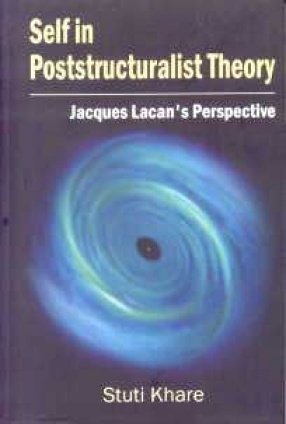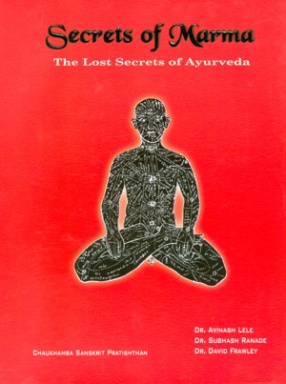Speculations on self are as old as the human consciousness is. The origination, validation and authentication of knowledge systems are closely linked with the conceptualizations on self. The recent polemic accusations on knowledge systems as being presence-centric, and the consequent celebration of absence, absence of sense, essence and presence, could only precipitate the flaking of the episteme.
Jacques Lacan is perhaps the most influential thinker of this century who has informed, influenced, ignited, and agitated the minds of every kind. The most important contribution of Lacanian theory has been his notion of the human subject as a linguistic construct. As a poststructuralist thinker, Lacan problematizes the prelapsarian, humanistic self with its essentialist pretensions. Yet the non-essentialist stance of other poststructuralists cannot be attributed to Lacan because the definitions of essence, truth, and logic, like that of self, have been altered once for all by his psychoanalytic investigations into these conceptual categories.
The present work attempts to explore the profound discourse of this seminal thinker, focusing on his conceptualizations on the self as it moves in its trajectory of individuation. It discusses the epistemological bases of Lacanian theory, and its enormous implications on the interpretive practices of all symbolic representations.





There are no reviews yet.